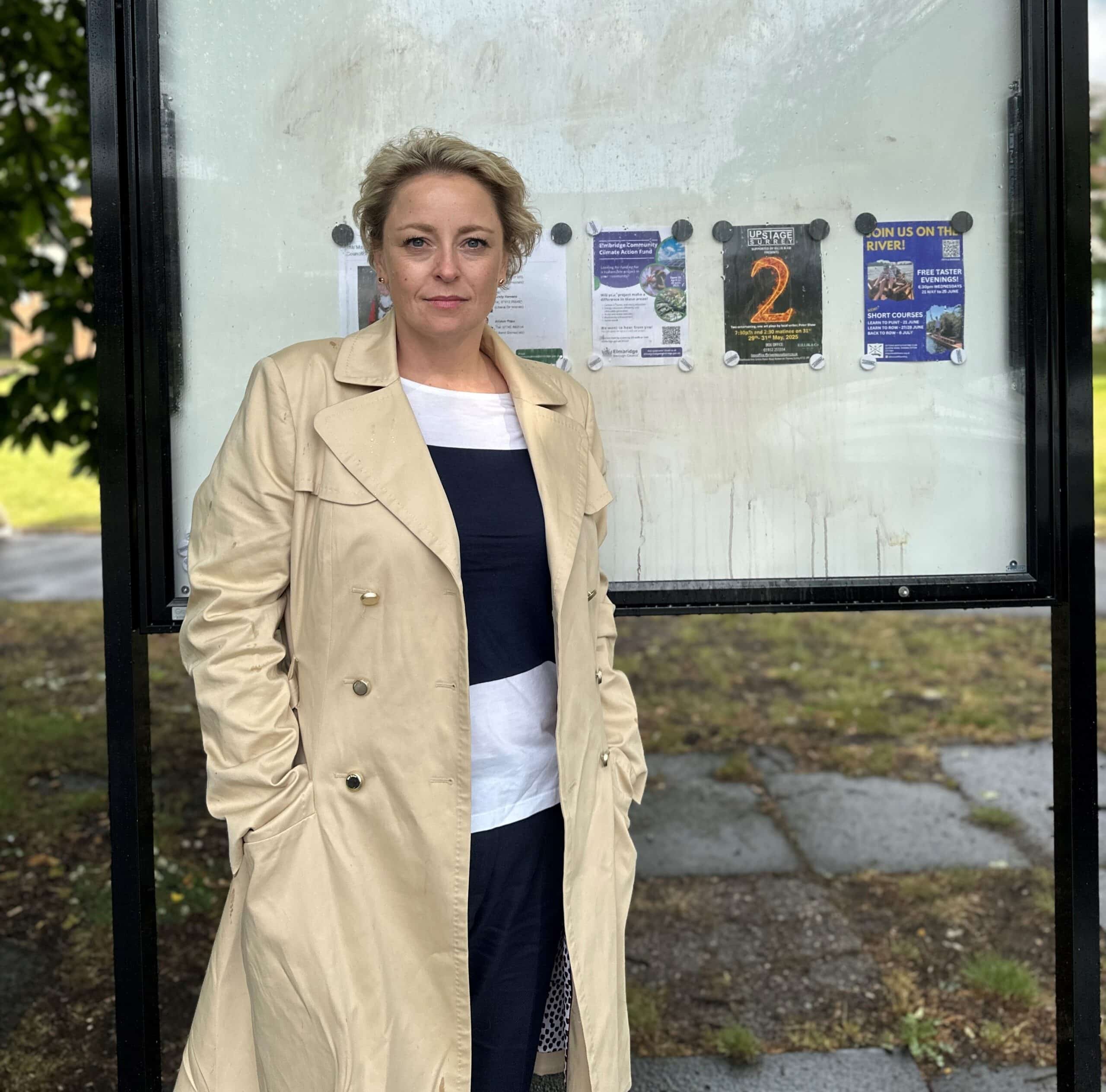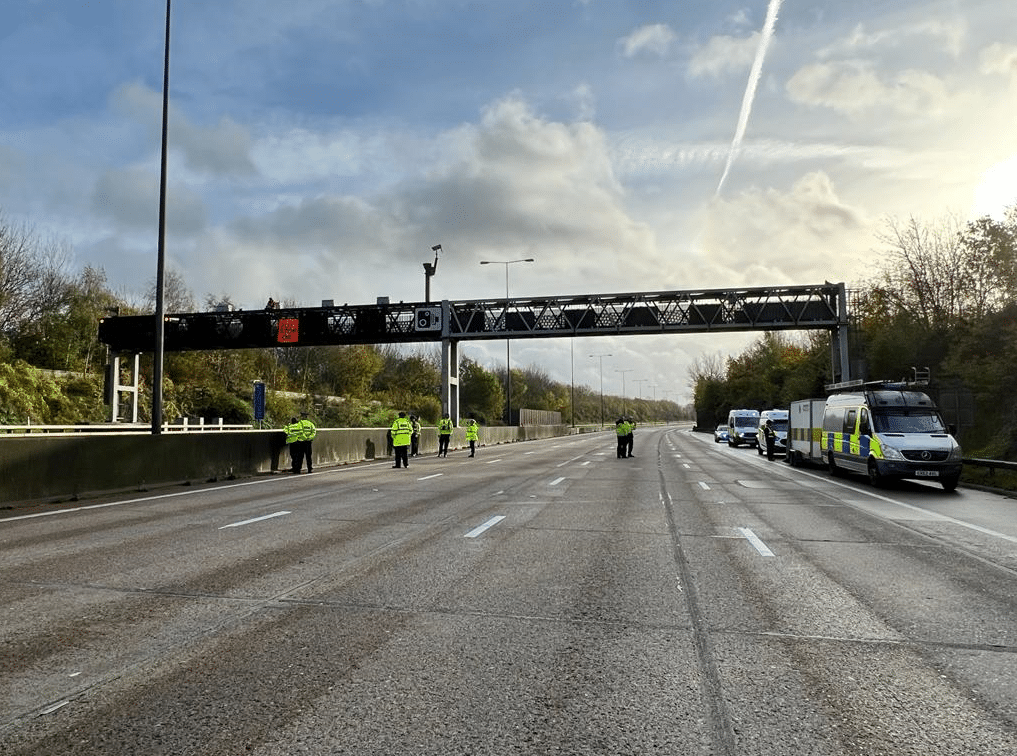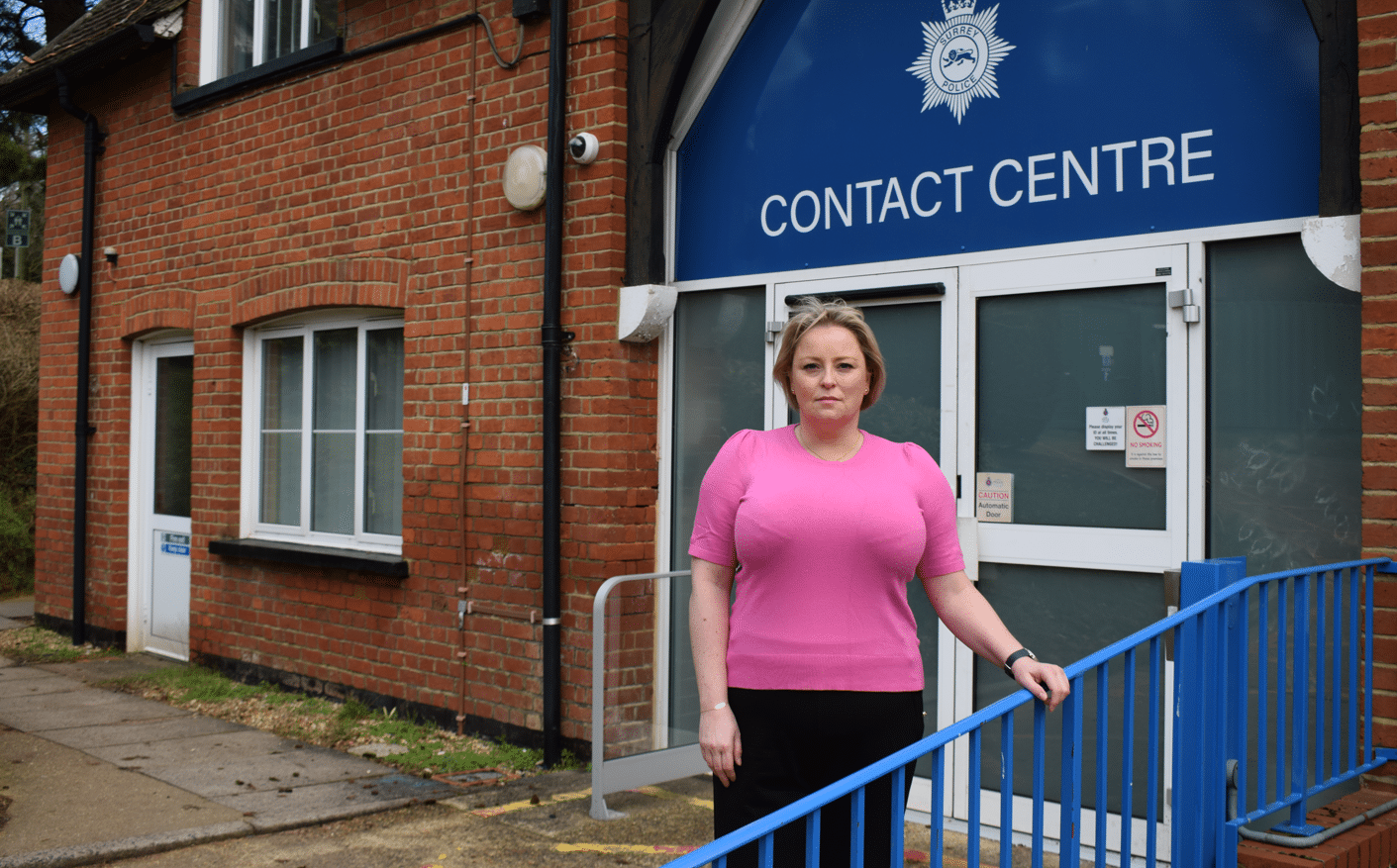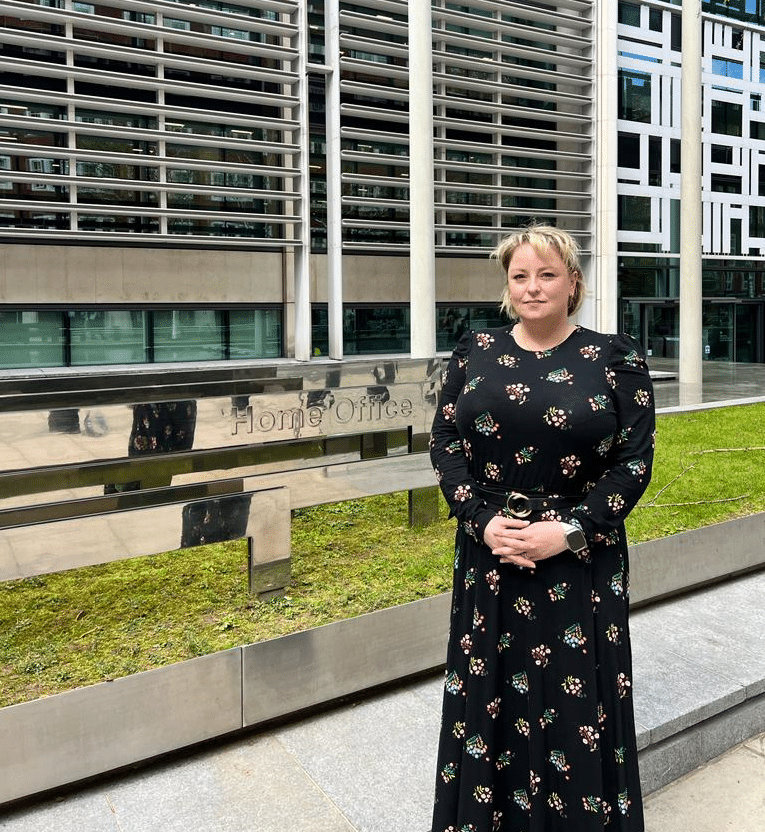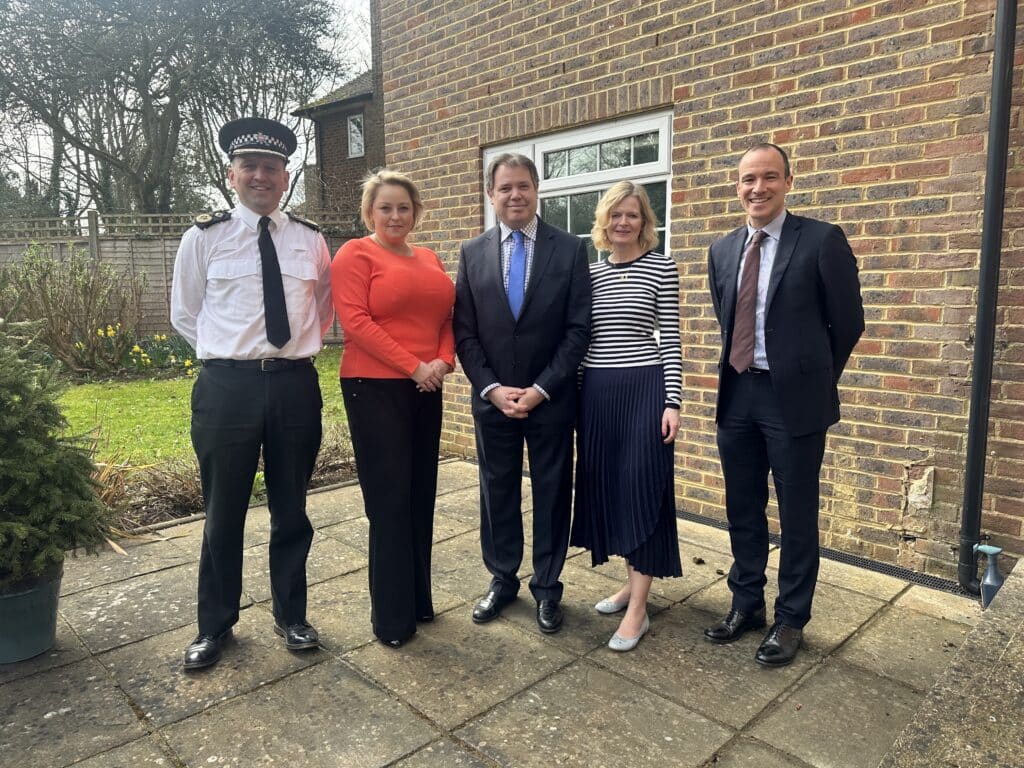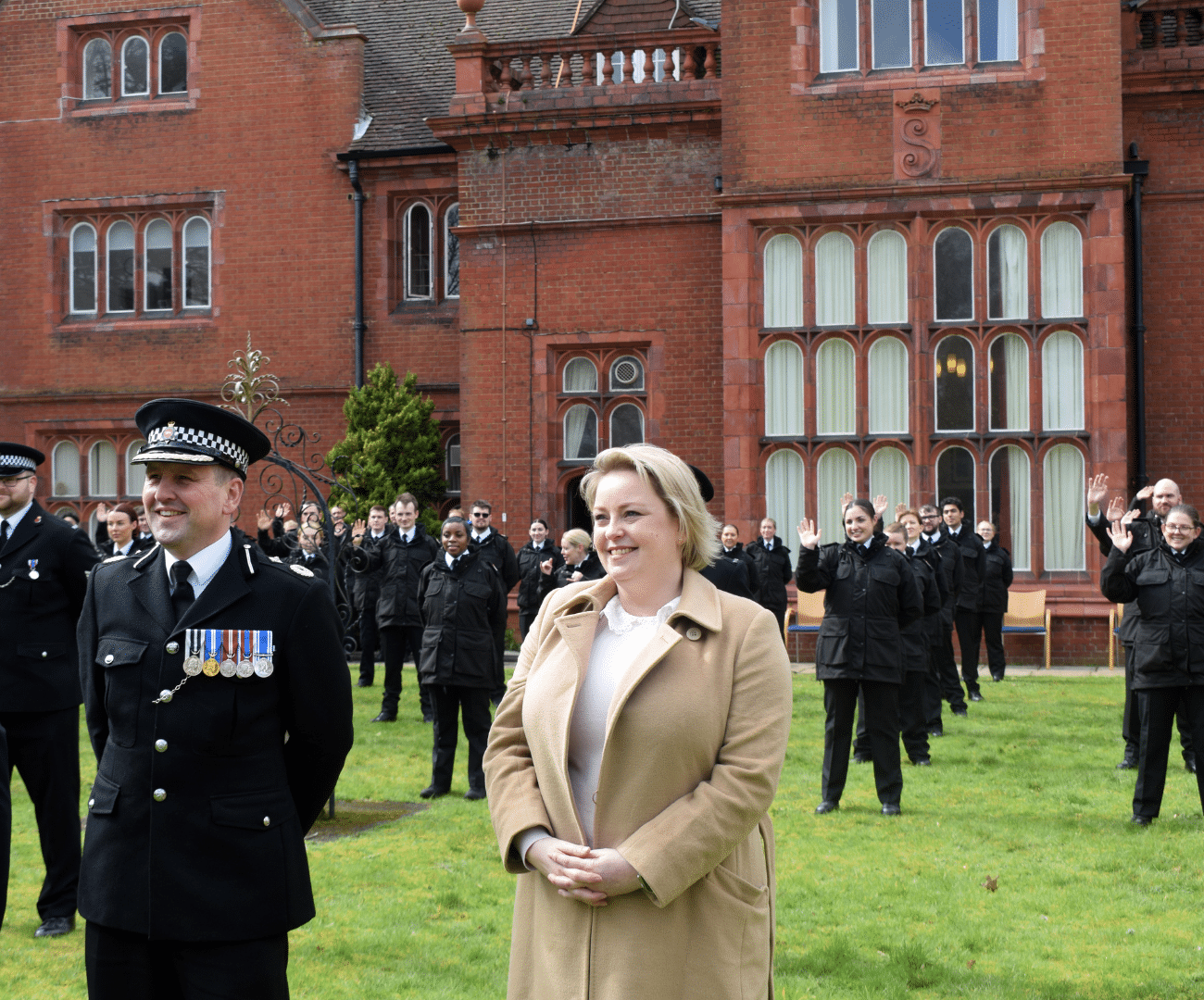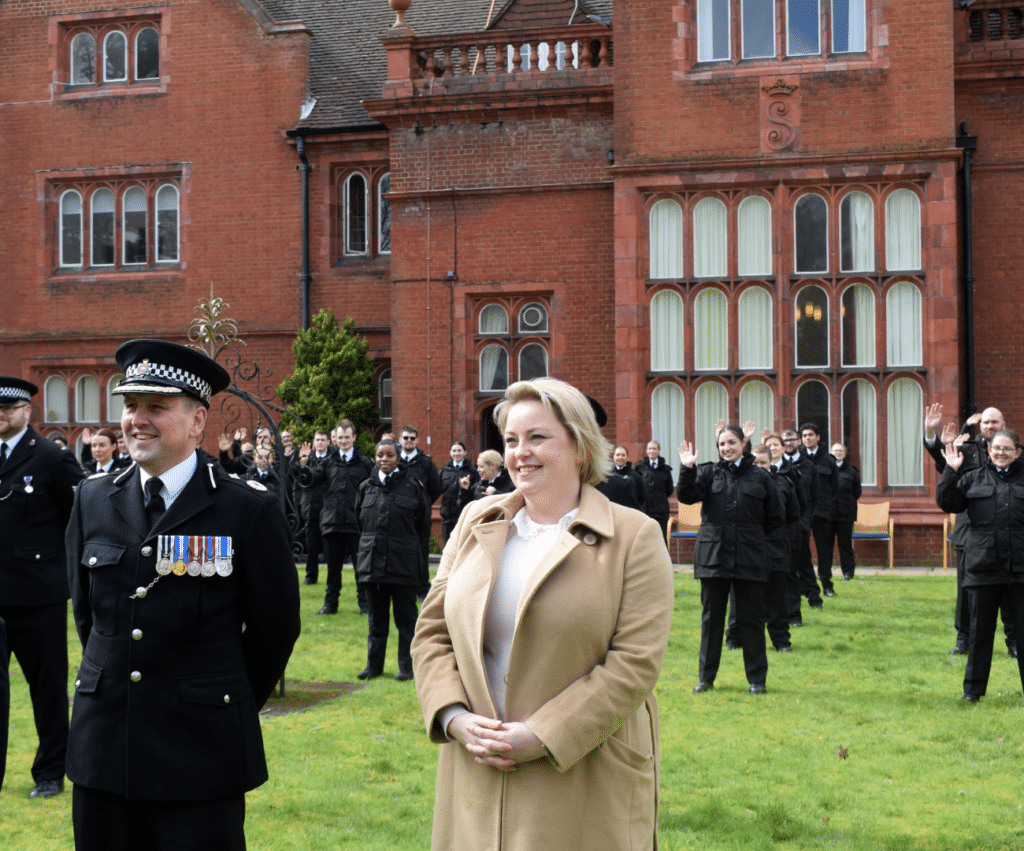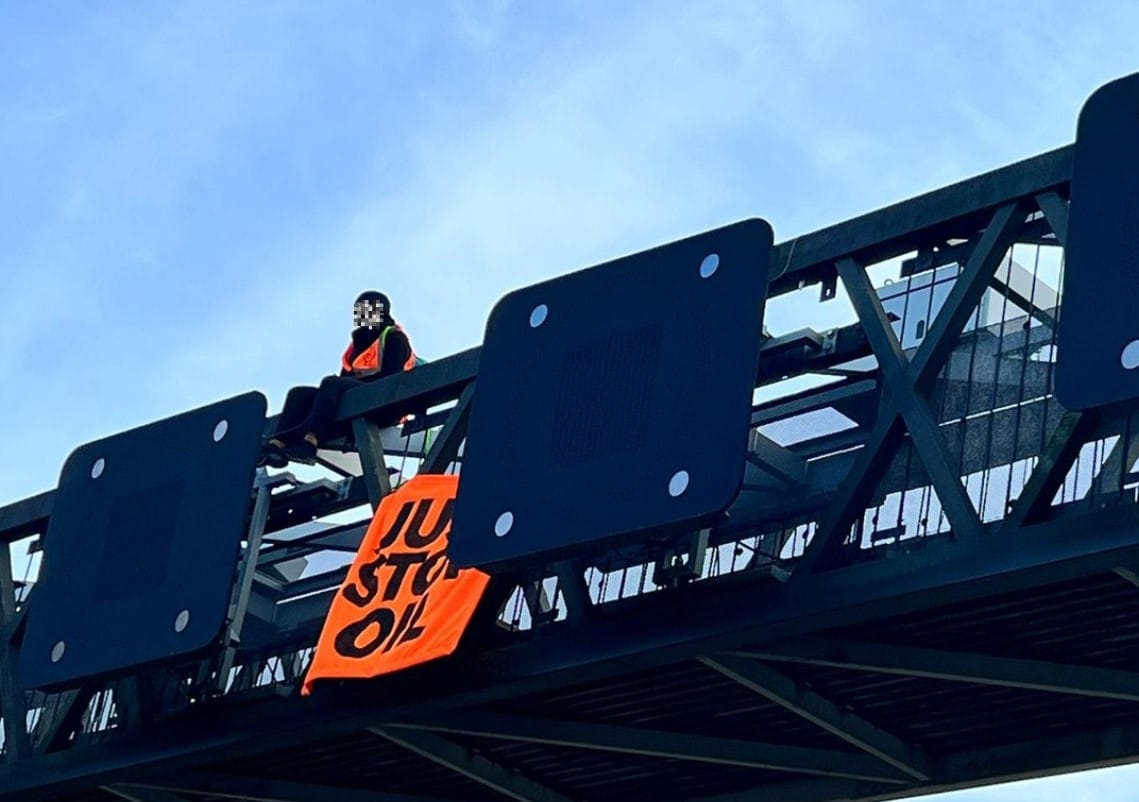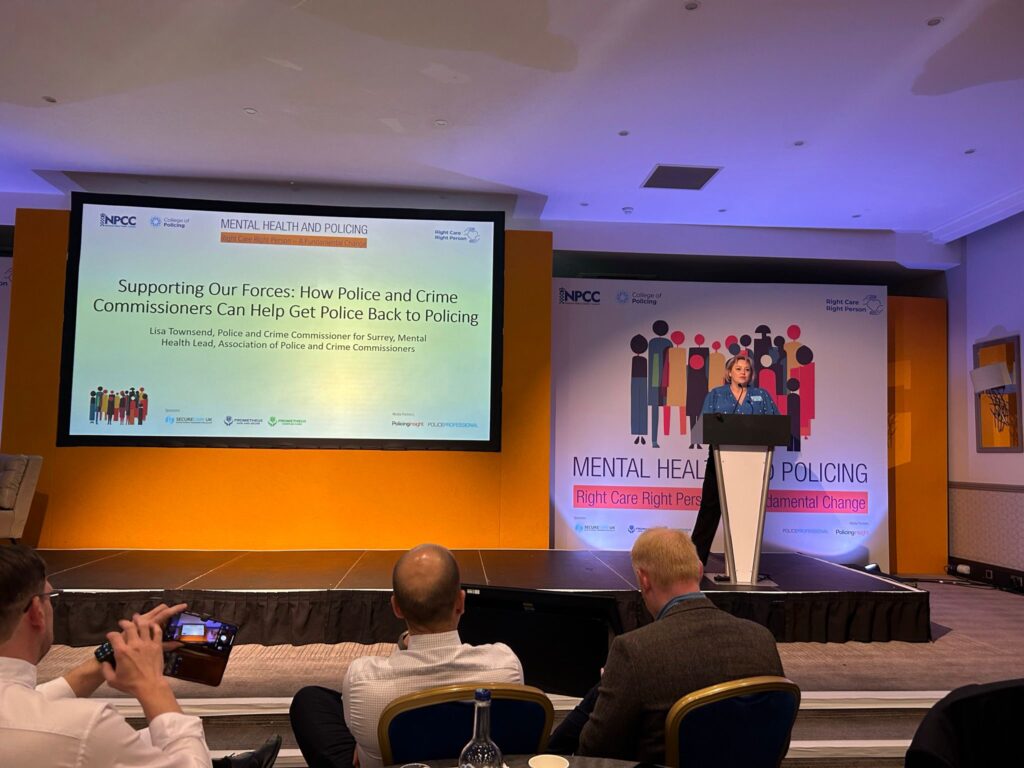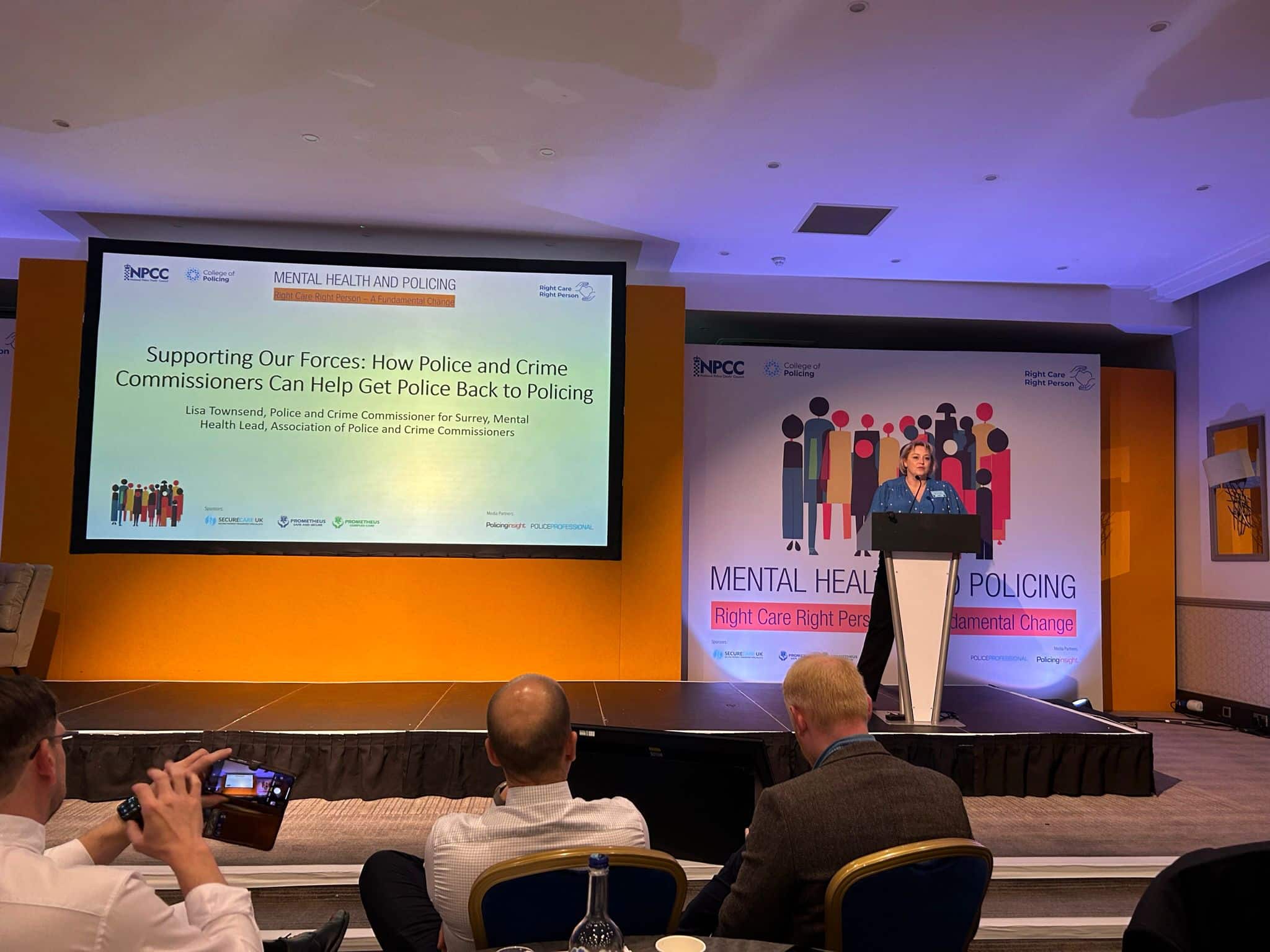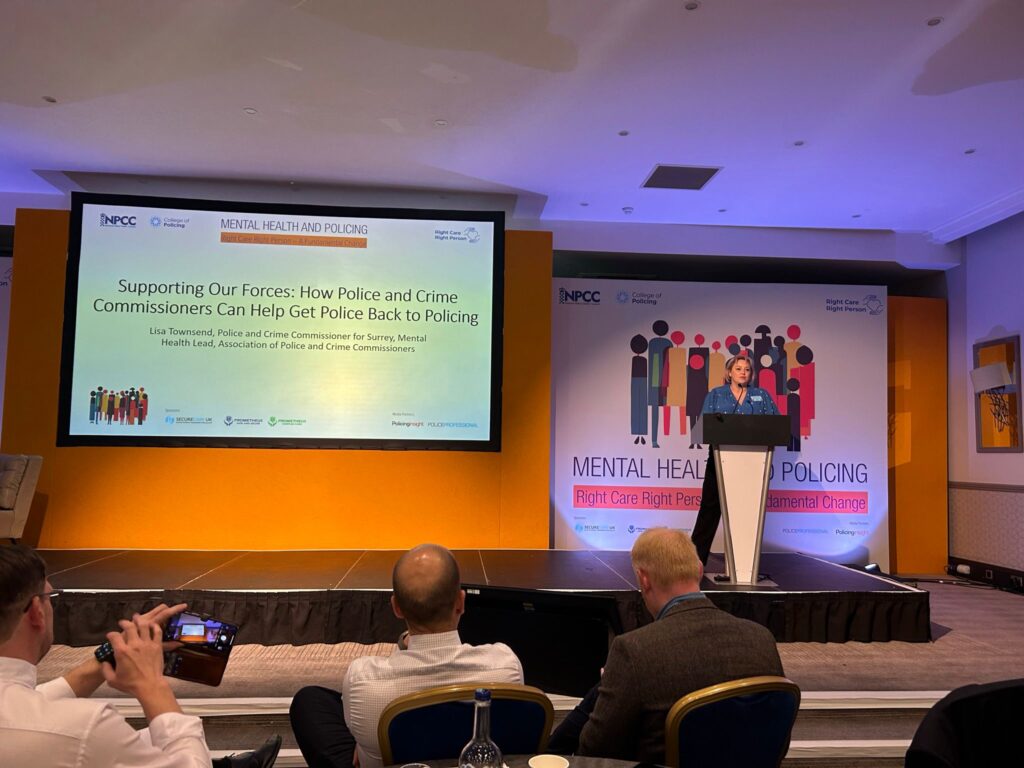FIVE Police and Crime Commissioners have joined forces to tackle waste crime as it was revealed that up to a fifth of all waste handled in the UK is done so illegally.
Surrey’s Commissioner, Lisa Townsend, joined her counterparts from Kent, Sussex, Hampshire and Thames Valley at a summit this week to discuss the problem.
They were joined by representatives from the police, the Environment Agency, local government, land owning and farming groups, and the private sector to launch a partnership attack on waste crime.
Officials at the roundtable agreed to commission a strategic review of the situation, as well as an action plan which will focus on creating a joined-up approach.
The National Audit Office estimates waste crime is costing the English economy £900m a year. Local authorities report there were 1.15 million incidents of fly-tipping in 2023-2024, an increase of 6% on the previous year.
Waste warning
Lisa said: “Yesterday’s summit marks the first time since I was first elected that all five south-eastern Police and Crime Commissioners have come together as a group to deal with a single issue. That shows how seriously we all take this criminal enterprise.
“The scale is astonishing. In just five years, agencies have dealt with 34million tonnes of waste – enough to fill 30 Wembley Stadiums. Up to a fifth of all waste handled in the UK is done so illegally.
“While many will know of the link between county lines drug dealing and organised criminality, in truth, these groups don’t distinguish. They can earn a fortune from the commodity of waste, and this money fuels further serious offending that does such harm to communities across the country.
“I am delighted that policing, local government, HMRC, the Environment Agency, Heritage England and the National Farmers’ Union are forging strong partnerships to drive out offenders and return the UK’s waste industry to legitimate businesses.”
Cost to economy
Kent Police and Crime Commissioner Matthew Scott, who convened the meeting, said: “Large scale waste crime has become the new county lines.
“Organised criminal groups are dumping tonnes of illegal and often hazardous waste all around the region, polluting our countryside and costing taxpayers and individual landowners hundreds of thousands of pounds to clear up.
“What’s more, the money these gang are making from this illegal dumping often fuels other serious offending.
“It’s not an easy problem to resolve, as there are so many agencies involved, but we have agreed to work together to improve data gathering and sharing, reporting, response times and develop strategies to tackle this growing problem.
“No agency can do this alone, so I’m delighted my colleagues and partners have agreed to pursue this programme together.”

